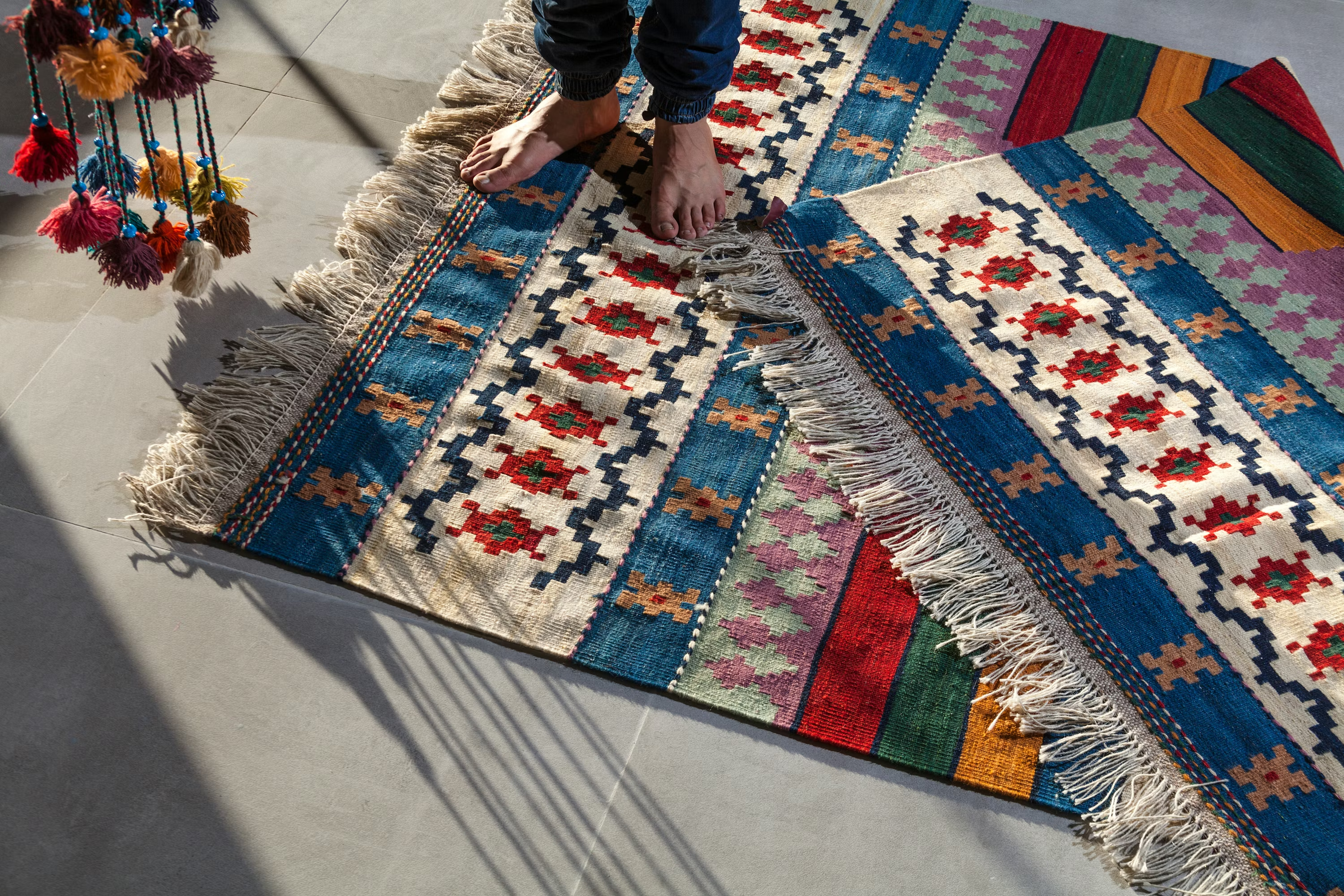
Offering a staggering reward of 20 Bitcoins, the Human Rights Foundation (HRF) has embarked on a mission to enhance the functionality of Bitcoin and the Lightning Network. Through their bug bounty program, they aim to promote and ensure the security of these systems.
Valued at approximately $60,000 each, these 10 bug bounties amount to over half a million dollars. The main objective of this initiative is to address critical challenges in Bitcoin’s user experience (UX), with a particular emphasis on improving mobile wallets.
HRF’s Chief Strategy Officer, Alex Gladstein, highlighted the inspiration behind the 10 identified improvements from interactions with global activists. The changes sought after could greatly benefit the wider Bitcoin community.
According to the announcement:
“An individual or team who fully solves any of the 10 challenges will be eligible to receive a bounty of 2 BTC.”
By actively encouraging developers to participate, HRF aims to create a more seamless and secure environment for activists and human rights defenders across the globe.
Open-Source Design Components For Bitcoin Projects
The bug bounty challenges span various areas, including a focus on providing developers with open-source design components for BTC projects. The current reliance on proprietary design software called Figma has limited innovation in this space.
To address this issue, HRF aims to empower developers by granting free access to a Bitcoin User Interface (UI) guide, fostering the creation of more efficient and user-friendly interfaces.
Bitcoin slightly above $29K range. Chart: TradingView.com
Nostr, an open-source and censorship-resistant social network backed by Block co-founder Jack Dorsey, is also a vital aspect of the bug bounty program. The network has gained considerable attention in crypto, particularly among technically inclined individuals.
HRF’s initiative seeks to strengthen and expand the development of Nostr, ensuring a more robust platform for communication and information exchange.
Moreover, the bug bounties address the improvement of Bitcoin wallets, focusing on challenges faced by users when crossing borders. Generating and memorizing seed phrases in such situations is crucial for maintaining privacy and security.
The bug bounty program is open until December 31, 2024, giving interested parties ample time to participate and contribute to advancing Bitcoin’s UX.
All submissions will be reviewed thoroughly by external industry experts to ensure credibility. Any unclaimed bounties will be reinvested into the HRF’s Bitcoin Development Fund.
Submission And Verification Process
By supporting this practice globally, HRF remains committed to promoting financial freedom for dissidents and human rights activists.
The significant funding of 20 BTC for these bounties originates from the HRF’s Bitcoin Development Fund. This branch of the Foundation is devoted to expanding financial freedom for human rights defenders worldwide.
According to Gladstein, Bitcoin is not just a financial tool; it represents a lifeline for activists who face persistent attacks on their bank accounts, allowing them to continue their essential work.
Featured image from Medium


















